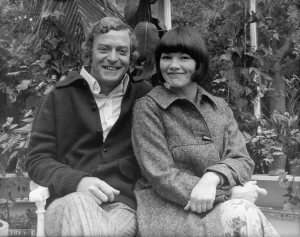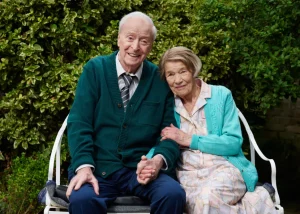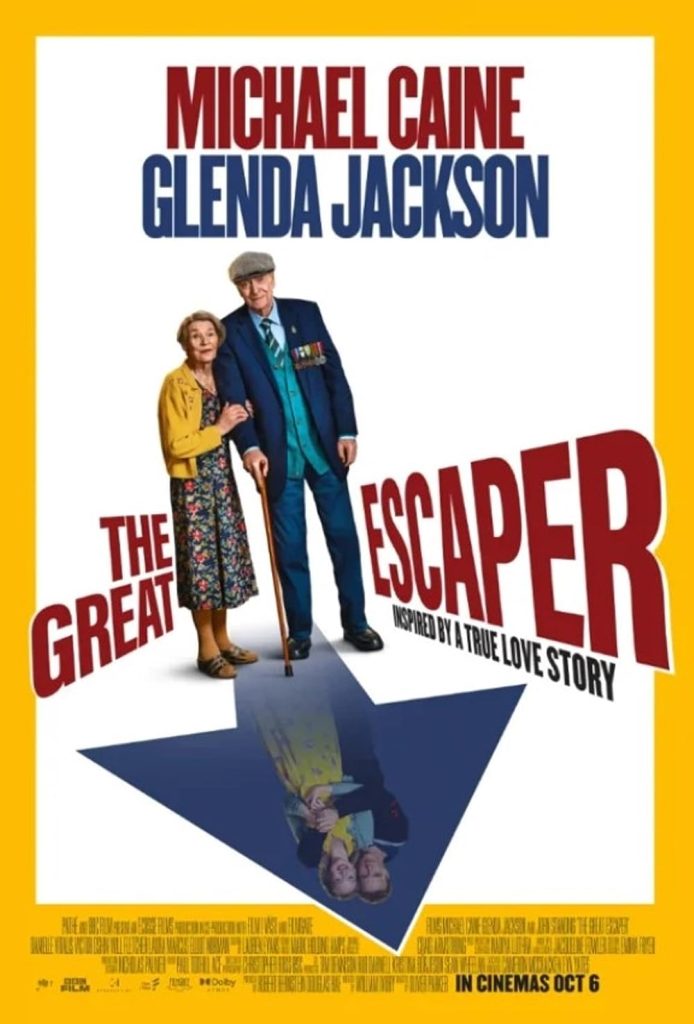Running time- 96 mins
Dynamic Pricing
ARC’s policy is to set ticket prices based on demand, like budget airlines, which means we set a price when the event goes on sale and then sometimes put the price up or down depending on how the show is selling. Usually, the price will increase as we get closer to the event, so it is advantageous to book in advance, although sometimes we will put special offers on and reduce the price. Our website will always show the current ticket price.

ARC’s theatre and dance performances are priced on a Pay What You Decide basis, which means you don’t have to pay until after you have seen a show!
We want to encourage more people to come and see shows at ARC, more often. Pay What You Decide not only allows you to pay what you can afford, rather than a fixed ticket price, but also removes the financial risk of buying a ticket for a show in advance without knowing whether you are going to enjoy it or not.
Tickets are available to book in advance as usual, but there is no obligation for you to pay until after you have seen the show. You can then decide on a price which you think is suitable based on your experience, which means if you haven’t enjoyed it at all, you don’t have to pay anything.
All money collected will help ARC pay the artists who have performed, and we therefore hope you will give generously.
Please ensure you have arrived and collected your tickets 15 minutes before the show starts in order to secure your seats. At the end of the show, you can decide what to pay, either by cash on the door or by card at the Box Office.
Seating: Allocated - See Seating Plan for More Details
The screening at 7.30pm on Fri 3 Nov and Thu 9 Nov at 2pm will have descriptive subtitles. The screening at 2pm on Thu 9 Nov will be relaxed for people living with dementia.
Based upon a true story of 89-year-old British World War II Royal Navy veteran, Bernard Jordan escaped from his care home in Hove, East Sussex to attend an event in France marking the 70th anniversary of the D-Day landings. Bernard known as ‘Bernie’ played by Sir Michael Caine staged his big escape to honour fallen comrades in Normandy. Bernard’s escape lasted 48 hours but captured the hearts of the British public. The late Glenda Jackson plays Rene, Bernard’s wife.
Two-time Oscar winners Sir Michael Caine and Glenda Jackson first acted together in The Romantic Englishwoman back in 1976, reuniting over 40 years later to tell the story of Bernie who told his carers he was “popping to the shops” but instead made his way to Brighton railway station, travelled to Portsmouth and purchased a one-way ferry ticket to Caen, in France.


‘Michael Caine is gruffly heart-breaking in this veteran adventure’ The Guardian
‘A fitting final film for two British acting legends’ Radio Times
‘Glenda Jackson is utterly transfixing in her final film’ The Telegraph
Director: Oliver Parker
Cast: Sir Michael Caine, Glenda Jackson
-
Screenings with descriptive subtitles
Descriptive subtitles, sometimes referred to as subtitles for D/deaf and hard-of-hearing people or captions, transcribe dialogue and relevant aspects of the soundtrack, including music and sound effects, attempting to give D/deaf and hard-of-hearing viewers an equal experience to those who are able to watch films without descriptive subtitles. Descriptive subtitles would include speech identifiers and descriptive elements such as [door slamming] and [kettle whistling].
-
Relaxed screenings for people living with dementia
Every Thursday at 2pm we have relaxed screenings for people living with Dementia. During these screenings, the lights will remain at a higher level throughout the screening, and sound levels will be lower. (As they are new releases we’d recommend checking the BBFC information about the films’ ratings, which is available on the film listings on our website.)
-
Seating accessibility information
Cinema
Seat size
Seats in the Cinema are 45cm (172/3“) wide and 46cm (18“) deep, are 40cm (152/3“) from the floor, and have 12cm (42/3“) between seats.
Armrests
Seats in the Cinema have armrests that do not fold away, and cannot be completely removed.
Legroom
Seats in the cinema have 30cm (112/3”) of legroom in front of seats, with additional legroom on row A and seats B1-B4 and B11-B14.
Further information
If you have any questions about accessibility our Box Office team are always happy to help and can be contacted on 01642 525199 or by emailing [email protected] - you can also tell us about your access requirements when prompted to do so during the online booking process.
-
BBFC rating information (may contain spoilers)
Threat and horror
There are flashbacks to wartime action in which landing vessels come under fire from planes and artillery, causing fear and panic amongst those on board, and tanks are shelled as they roll up the beaches at Normandy.
Language
There is infrequent strong language (‘f**k’) as well as milder terms such as ‘twat’, ‘bloody’, ‘piss’, ‘bugger’, ‘tosser’, ‘bollocks’, ‘hell’, ‘damn’, ‘God’ and ‘Christ’.
Sex
A man and woman kiss, then lie down together on the ground before the scene cuts to the woman in her later years recalling their lovemaking, which is indicated only by the sounds of her sexual moaning. Mild sex references include comic comments about male strippers and only “the randy and infirm” going to bed early.
Discrimination
In a scene set in the 1940s, there is a non-directed use of the outdated term “poncey”. A British WWII veteran harbours resentment at what he experienced and refuses to buy a Black Forest gateau “because it’s German”, but his sentiments later undergo a poignant change. The work as a whole does not endorse discrimination.
Rude humour
A man vomits after a day of continuous drinking.
Theme
There are mild upsetting scenes related to bereavement, wartime tragedies and the effects of war on mental health. Other references to illness include an elderly woman’s admission that she is not far from death, and a man’s comments about his prostate gland and his alcoholism.
Alcohol and tobacco
There is infrequent smoking.

